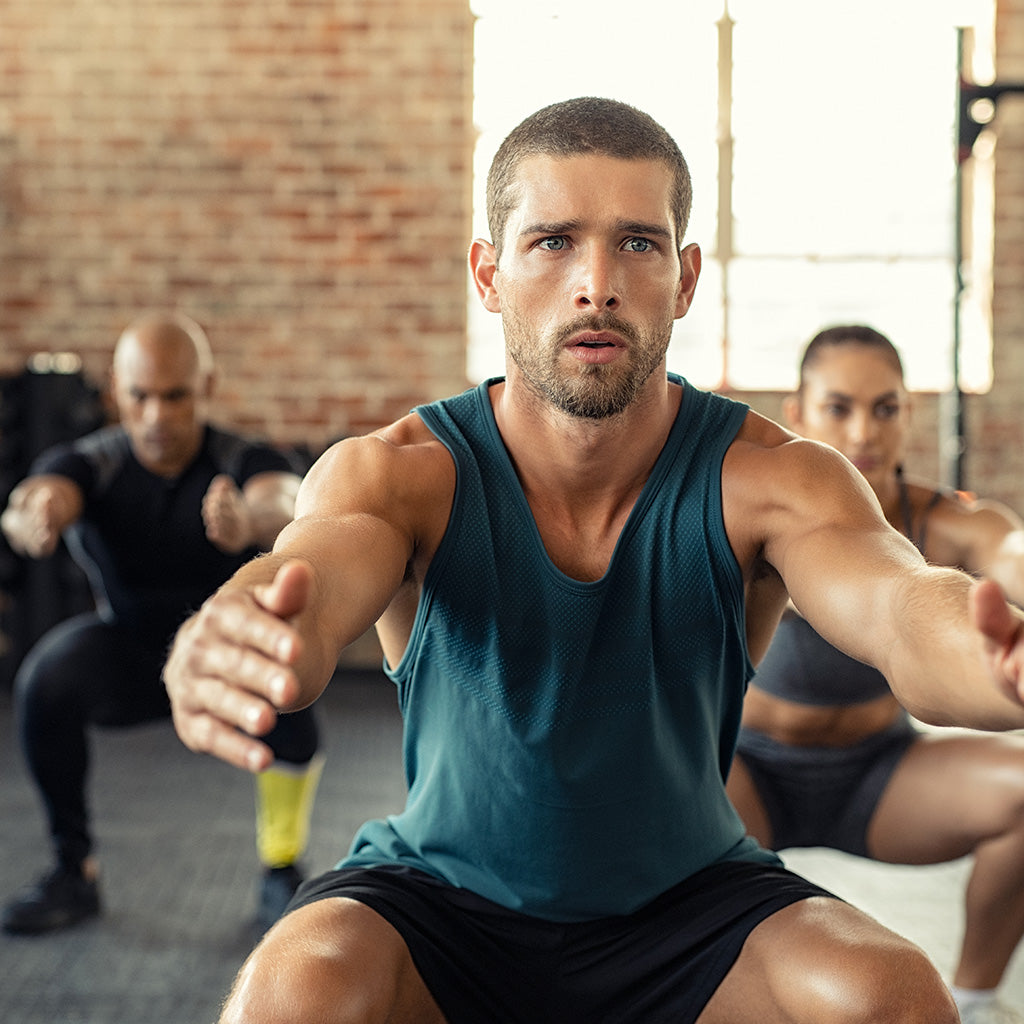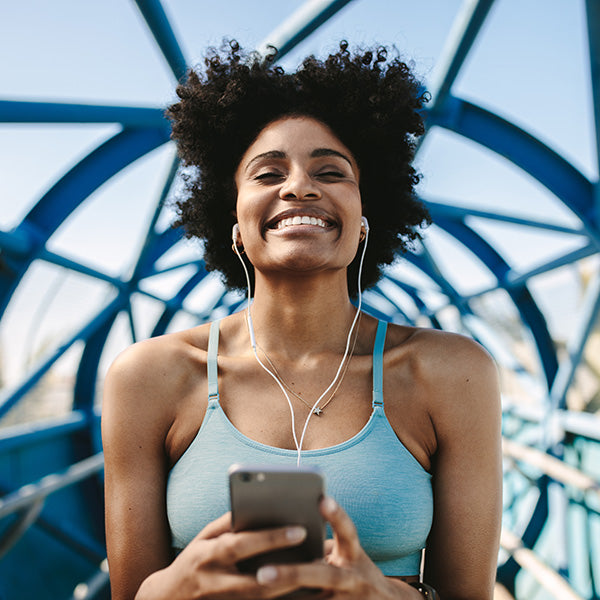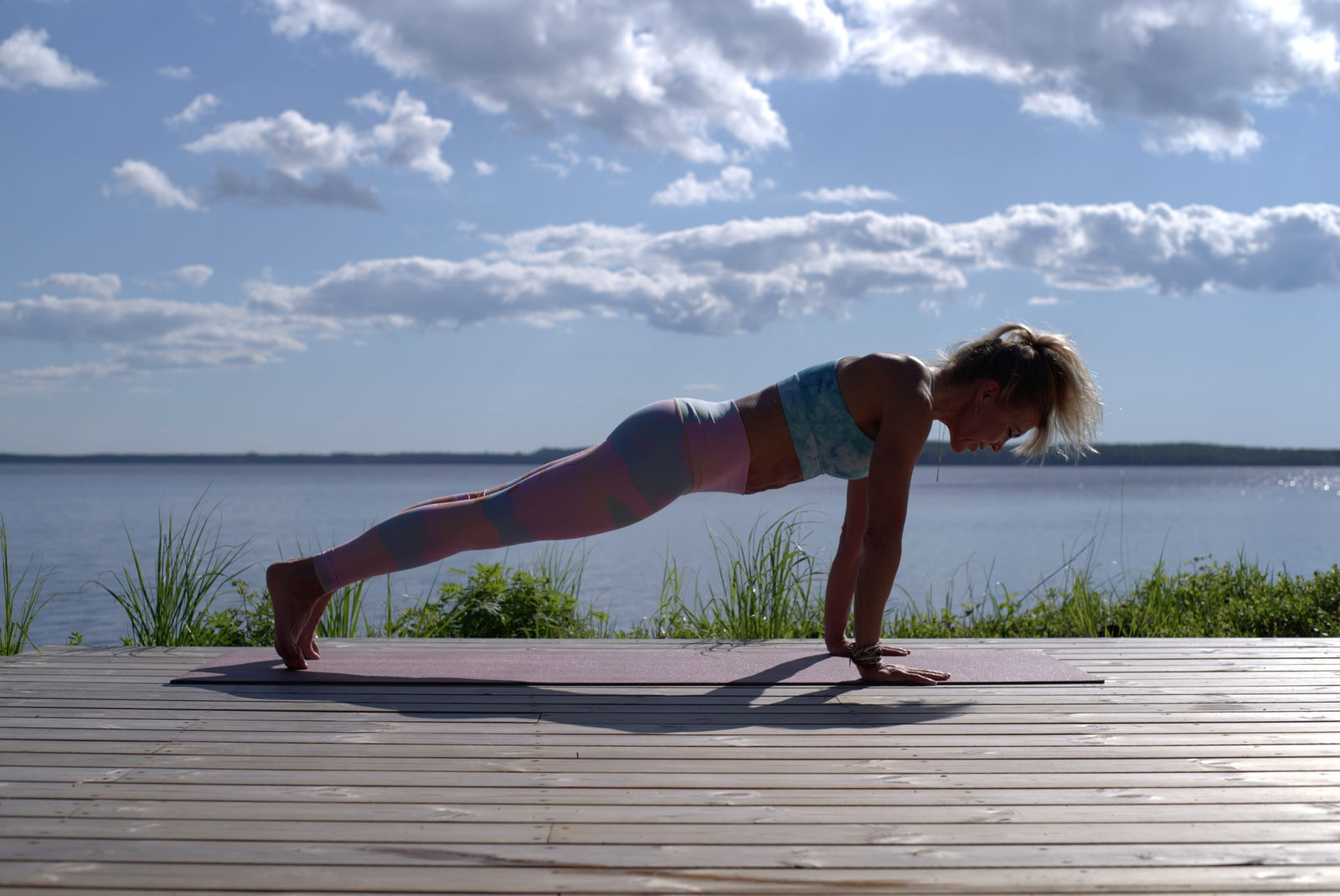One in four Americans suffers from acute insomnia every year. This is according to a study from the Perelman School of Medicine at the University of Pennsylvania, which covers data on how rampant acute insomnia is in the country. [1]
Acute insomnia is “characterized by difficulty falling asleep or staying asleep for as little as three nights per week for at least two consecutive weeks up to three months. Insomnia becomes chronic when it occurs at least three nights a week for more than three months.” [2]
According to the same study, 75 percent of said individuals eventually recover from acute insomnia without it turning into a chronic case.
"Whether caused by stress, illness, medications, or other factors, poor sleep is very common," said senior author Michael Perlis, PhD, an associate professor of Psychiatry and director of the Behavioral Sleep Medicine program. "These findings reveal new insights about the paths that acute insomnia takes and can inform interventions that target poor sleep and help people recover sustained sufficient sleep."
This is amazing news! If you’re one of the 25 percent Americans suffering from acute insomnia, you may try some life hacks for sleeping fast, home remedies for a good night sleep, and bedtime relaxation techniques to ease this nightly distress.
Or the next time you find yourself having a hard time catching that elusive shut-eye, try heading out for a run or going to the gym the next day.
Based on studies conducted by the Johns Hopkins Center for Sleep, there's “solid evidence that exercise does, in fact, help you fall asleep more quickly and improves sleep quality.” [3]
What studies say about the effects of exercise on insomnia
While there’s only a little research done on linking exercise with mitigating insomnia, the available studies suggest that exercise indeed has an extraordinary impact on getting better sleep. [4]
One study shows that a single exercise session has a positive impact on a person suffering from chronic insomnia. This study found that even a moderate-intensity aerobic exercise like walking, running, cycling or swimming can make you fall asleep faster and give you a longer shut-eye. [5]
Studies have also found that aside from these two perks, making a habit out of working out has several benefits on the quality of your sleep – and it doesn’t really matter much whether you do it in the morning, midday or at night. [6]
How can exercise give you better sleep?
So how exactly does working out aid in saying adieu to insomnia? Here are 7 ways:
It raises then drops the body temperature.
A workout’s body-heating effects aid in promoting higher quality sleep, especially when done in the afternoon and anytime beyond that. How? Exercise increases the temperature of the body. When the body’s temperature drops after the exercise, that’s when the sleepiness kicks in. (So you’re just not feeling tired, it’s actually your body temperature making you fall asleep faster too.)
Feeling tired can lead to longer sleep.
Exercise doesn’t just improve the quality of sleep, it also increases the length of your shut-eye. Working out and being active makes you exert more energy. And this is why you feel tired and make you hanker for the bed more.
Exercise eases symptoms of mood disorder.
Exercise may help you get rid of insomnia by easing symptoms of depression, anxiety, and stress. Some people may find it hard to sleep when there are too many thoughts in their head, not to mention going through bouts of anxiety or depression. Stress also causes tossing and turning at night and not being able to sleep instantly. [7]
A regular exercise regimen tapers off stress levels and other mood disorders. [8] In fact, allotting even just 5 minutes to work-out a day can already set off anti-anxiety responses in the body. [9, 10]
Mind-body exercise like yoga, stretching and meditation can relax the parasympathetic nervous system. Research shows that these activities can quiet down the stress hormones – scientifically known as cortisol – and brings down blood pressure and stress levels, creating an overall positive mood. [11]
It fixes the body clock.
Exercise also influences the body clock. People suffering from insomnia because of changes in time zone or a broken circadian rhythm, exercise can help reset it. However, it depends on the time the exercise is carried off.
It leads to more deep sleep.
Moderate-intensity aerobic exercise such as walking, running, cycling and swimming make deep sleep more likely to happen. How? This type of exercise increases the amount of slow wave sleep, which leads to deep sleep. Because deep sleep causes the brain and body to recharge and regenerate, you can experience a generally better mood and cognitive functions.
It improves sleep quality.
Exercise can contribute to more sound and restful sleep. Physical activity increases the time spent in deep sleep, the most physically restorative sleep phase. Deep sleep helps to boost immune function, support cardiac health, and control stress and anxiety. [12, 13]
It relieves other sleep disorders.
Not only does scientific evidence reveal that exercise is a natural cure for insomnia, but it also helps alleviate other sleep disorders. [14] Apparently, exercise can also soothe the gravity of sleep disordered breathing and obstructive sleep apnea. [15]
Conclusion
Several studies have shown how exercise can promote better quality sleep – helping people suffering from acute to chronic insomnia fall asleep faster and sleep longer.
And for best results, try supplementing your exercise with a proper diet and a healthy dose of a sleep aid.
Sources
[1] https://www.sciencedaily.com/releases/2018/06/180605154114.htm
[2] https://www.sciencedaily.com/releases/2018/06/180605154114.htm
[3] https://www.hopkinsmedicine.org/health/wellness-and-prevention/exercising-for-better-sleep
[4] http://sleepfoundation.org/sleep-topics/diet-exercise-and-sleep
[5] https://www.sleepfoundation.org/articles/how-does-exercise-help-those-chronic-insomnia
[6] https://sleepfoundation.org/sleep-polls-data/sleep-in-america-poll/2013-exercise-and-sleep
[9] https://www.adaa.org/living-with-anxiety/managing-anxiety/exercise-stress-and-anxiety
[11] https://www.ncbi.nlm.nih.gov/pubmed/22517349
[12] https://www.ncbi.nlm.nih.gov/pubmed/25426516
[13] https://www.ninds.nih.gov/Disorders/Patient-Caregiver-Education/Understanding-Sleep#for_us
[14] https://sleepfoundation.org/ask-the-expert/how-does-exercise-help-those-chronic-insomnia








